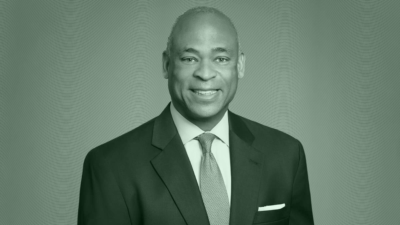CFP Board May Ease Rules on Prior Bankruptcy, Alcohol, Drug Charges
The proposed changes could lighten the load for the organization and make it easier for advisors to move on from previous offenses.

Sign up for market insights, wealth management practice essentials and industry updates.
The CFP Board is looking to let bygones be bygones.
The organization that oversees the Certified Financial Planner designation is considering easing the rules regarding when applicants must have a formal hearing with the organization’s Disciplinary and Ethics Commission. The potential changes would relate to past bankruptcies, as well as alcohol and drug offenses. The group opened the discussion up to public comment just last week, but the potential rule changes are already garnering support among some advisors.
“Preventing folks from ever being able to use the [CFP title] is a bad precedent,” said Tom Balcom, a CFP with 1650 Wealth Management in Fort Lauderdale, Florida. “I am a big believer that if the advisor’s actions did not adversely impact their clients, then there should be leniency.”
Willing to Look Past It
The modifications to the CFP Board’s Procedural Rules seek to lighten the load for the DEC, as well as prospective advisors whose spotted backgrounds may not be pertinent to their current professional lives. A hearing with the DEC may not be necessary if:
- An applicant filed for personal or professional bankruptcy within the last 10 years and was not providing financial planning services at the time; or if the bankruptcy was filed at least 15 years ago.
- An applicant with multiple alcohol- or drug-related misdemeanors received their latest conviction at least seven years ago.
The public comment period is slated to end April 25. “CFP Board is committed to upholding the integrity of CFP certification while ensuring a fair and efficient review process for candidates,” CFP Board CEO Kevin Keller said in a statement.











